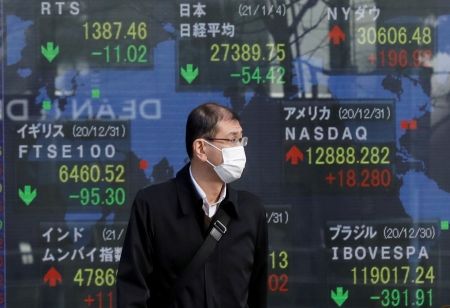
In Japan, the intersection of increasing longevity and economic challenges is significantly impacting retirement patterns. With some of the longest life expectancies globally—81 years for men and 87 years for women—the country is facing severe strain on its pension system. This strain has led many Japanese to delay retirement into their 70s or beyond to sustain their livelihoods amid rising inflation, which has reached its highest levels in decades.
Research carried out by Business Standard shows that issues surrounding Japan’s pension system are expected to dominate the upcoming ruling party election. Candidates vie to address the economic pressures affecting voters, particularly the elderly. The election will determine the successor to Prime Minister Fumio Kishida, who is stepping down partly due to dwindling support over persistent inflation concerns.
Nobuhiro Maeda, a senior analyst at NLI Research Institute, highlights a tendency for the government to focus on youth-related issues, such as Japan's declining birthrate. However, he emphasizes that the challenges facing the elderly are equally crucial. Japan's experience with its pension system is likely to offer valuable lessons for policymakers in other countries experiencing similar demographic shifts, such as China, South Korea, Europe, and the US. Japan’s situation is particularly pressing due to its already advanced aging population.
The Organisation for Economic Co-operation and Development (OECD) reports that approximately 20% of Japanese citizens over 65 live in poverty, a stark contrast to the OECD average of 14.2%. This figure predates the recent surge in inflation. With average combined welfare and public pension payments amounting to ¥144,982 per month—just over half the monthly living costs for a household of two or more—many Japanese retirees find themselves struggling financially. In comparison, the estimated average pension payment in the US was $1,907 (¥276,000) as of January 2024, according to the Social Security website.
We use cookies to ensure you get the best experience on our website. Read more...